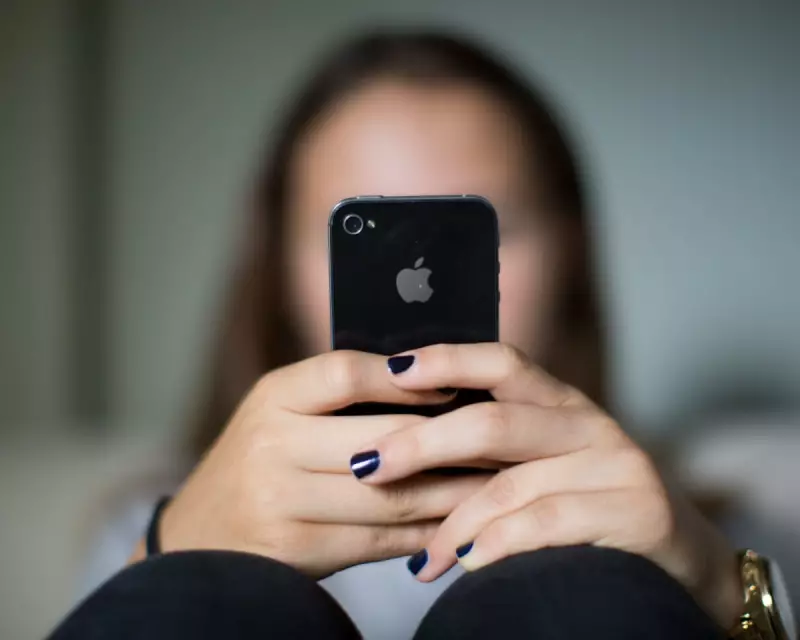
iPhone users across the UK are experiencing a digital communication crisis as the device's once-helpful autocorrect feature appears to have developed a mind of its own. What was designed to save us from embarrassing typos is now creating them at an alarming rate.
The 'Ducking' Phenomenon and Beyond
The issue has become so widespread that social media platforms are flooded with complaints and humorous screenshots of autocorrect fails. Users report their phones persistently changing common words to completely unrelated terms, with the classic 'ducking' substitution being just the tip of the iceberg.
Common autocorrect errors being reported include:
- Changing 'have' to 'gave' repeatedly
- Replacing 'been' with 'seen'
- Transforming simple words into completely random alternatives
- Ignoring user corrections and reverting to incorrect versions
What's Causing the Keyboard Meltdown?
Technology experts suggest the problem may stem from recent iOS updates that have disrupted the machine learning algorithms powering the predictive text feature. The system that's supposed to learn from your typing habits appears to be malfunctioning, creating a frustrating loop of incorrect suggestions.
"The autocorrect seems to be fighting against me rather than helping," reports Sarah Jenkins, a London-based marketing manager. "I've had to send follow-up messages explaining that my phone, not me, was responsible for the gibberish."
Quick Fixes for Frustrated Users
While Apple has yet to issue an official statement, there are several temporary solutions users can try:
- Reset Keyboard Dictionary: Go to Settings > General > Transfer or Reset iPhone > Reset > Reset Keyboard Dictionary
- Turn off Predictive Text: Temporarily disable the feature in Settings > General > Keyboard
- Add Custom Text Replacements: Create shortcuts for commonly mistyped words
- Update iOS: Ensure you're running the latest version, as fixes may be included in updates
The Bigger Picture: AI Gone Awry
This autocorrect epidemic highlights the challenges of relying on artificial intelligence for everyday communication tasks. When these systems malfunction, they can create significant frustration and even professional embarrassment for users who depend on their devices for work and personal communication.
As we await an official fix from Apple, millions of iPhone users continue to battle their own keyboards, proving that even the most sophisticated technology can sometimes need a good old-fashioned human touch.





